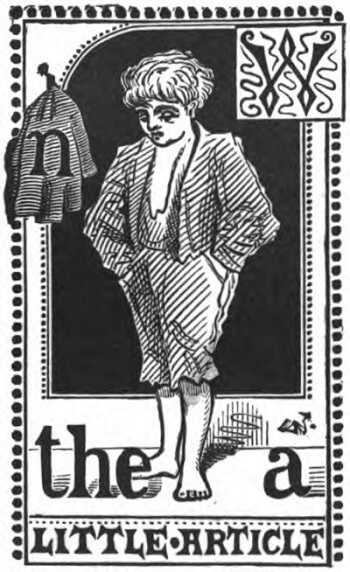 Grammar-Land
Grammar-Land
Grammar-Land
Grammar-Land


 Grammar-Land
Grammar-Land
Grammar-Land
Grammar-Land

Over the two weeks:
Activity - Week 1: A or An?
Tell which article you use before each of the following words - A or An.
Activity - Week 2 Part 1: Identify and/or Correct the Articles
Identify the article(s) as well as any errors in each sentence.
Activity - Week 2 Part 2: Find the Nouns and Articles
Find out all the nouns and articles in Serjeant Parsing's verse.